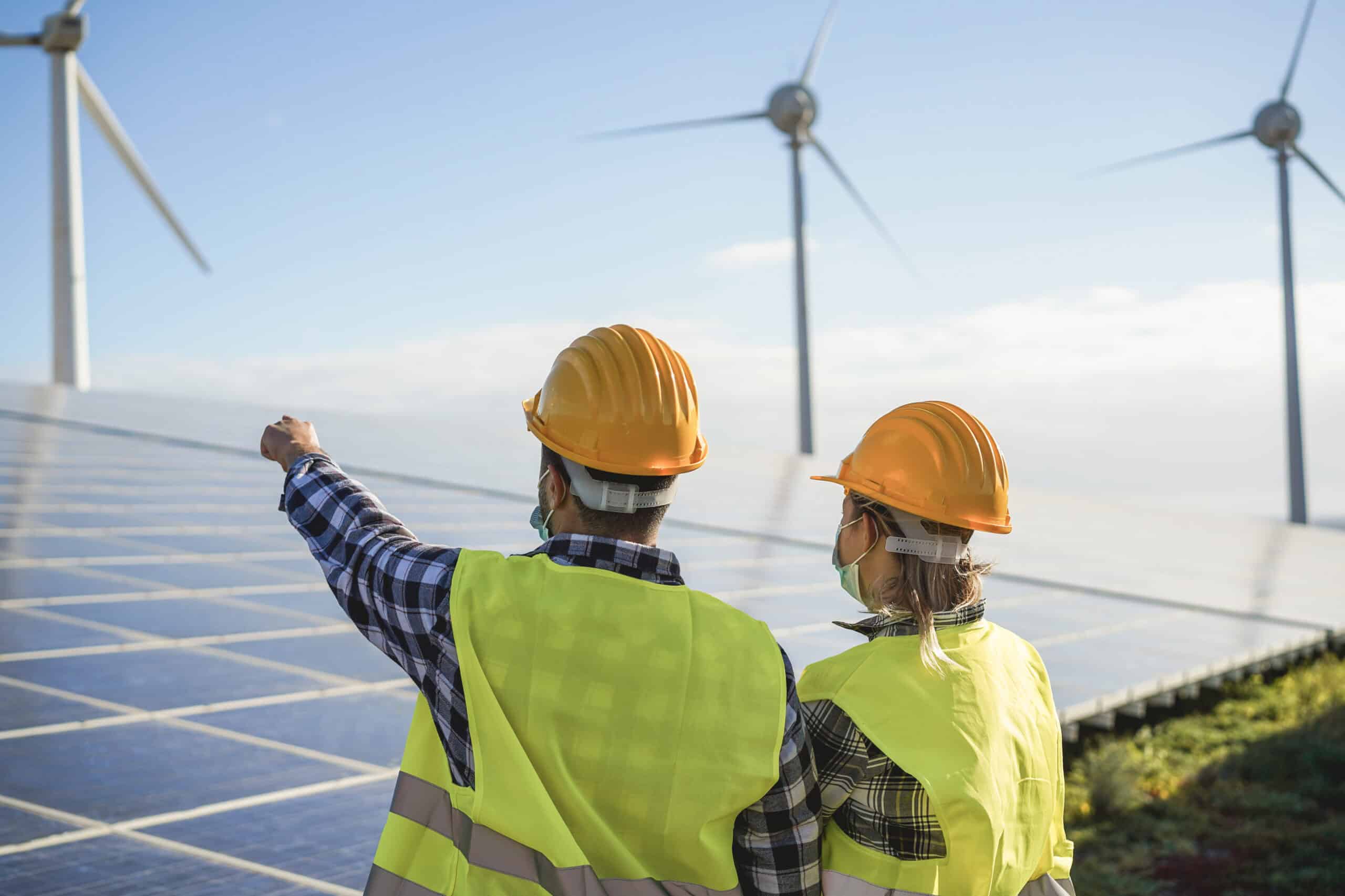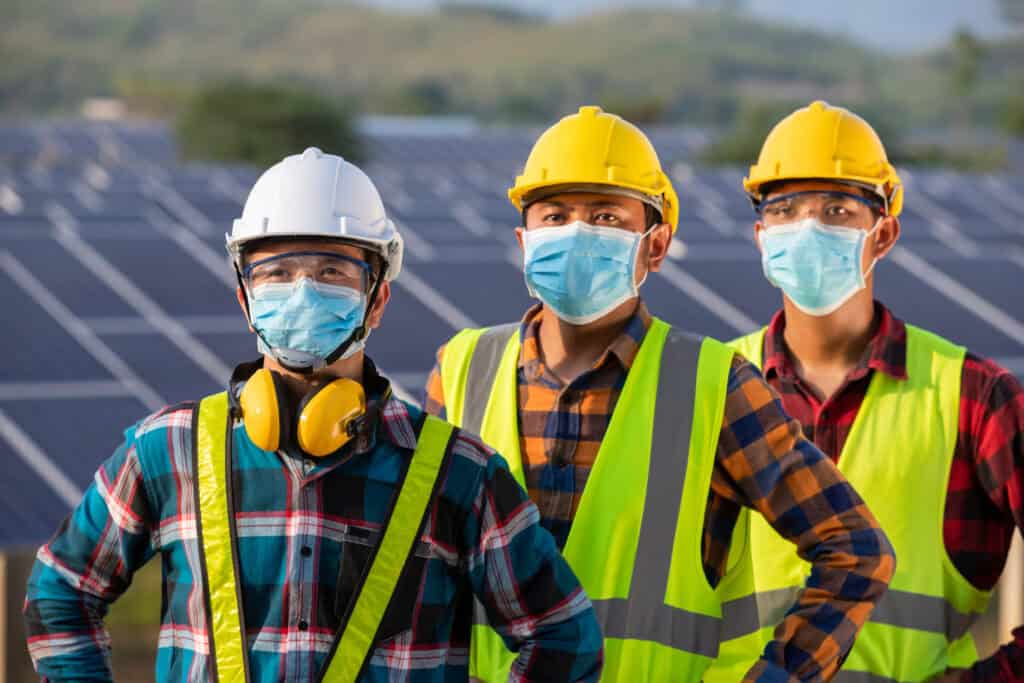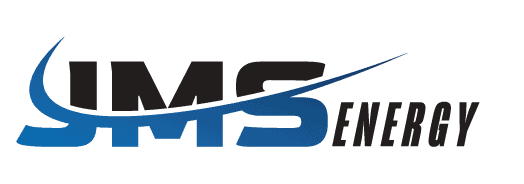
As the adoption of solar power continues to rise, so does the interest in understanding the solar safety implications associated with installing and operating solar systems. Solar power offers a renewable and environmentally friendly energy source, but like any technology, it also comes with safety considerations that must be addressed. JMS Energy, a company well-versed in the realm of solar power, takes these concerns seriously and implements several measures to promote safety. Below, we delve into the intricate aspects of solar safety and explore how JMS Energy navigates these challenges to ensure a secure and efficient solar experience.
Table of Contents

1. What Are the Main Solar Safety Concerns Associated with Solar Power Installation?
When considering solar power installations, safety concerns predominantly revolve around electrical risks, structural integrity, and fire hazards. Electric shock or electrocution risks and electrical fires are potential hazards due to the high energy levels solar panels can generate. Structural issues can arise if the weight of the panels affects the integrity of a building’s roof. Additionally, improper installation or maintenance could pose a significant fire risk.
JMS Energy addresses these concerns through meticulous planning and execution. Their technicians employ rigorous safety protocols, ensuring that each installation is conducted in compliance with both local and national safety standards. By conducting thorough site evaluations and using high-quality materials, JMS mitigates risks associated with electrical faults and structural failure, thus ensuring a robust solar power system.
2. How Does JMS Energy Ensure Electrical Safety in Solar Installations?
Electrical safety in solar power systems is paramount, given the direct exposure to high voltage electricity. JMS Energy follows a comprehensive approach to secure electrical safety. It begins with precise system design, incorporating components that are UL-certified (Underwriters Laboratories) to guarantee they meet safety performance standards. JMS’s experienced technicians are trained to handle the intricacies of electrical systems, focusing on securing proper grounding, which prevents electrical faults and minimizes shock risks.
Furthermore, JMS implements stringent testing regimes post-installation. Each setup undergoes detailed inspection and testing procedures to confirm that the system functions within safe voltage levels. JMS also advises customers on maintenance practices that assist in prolonging system lifespan while maintaining electrical safety.
3. What Role Does Maintenance Play in Solar Safety?
Maintenance is crucial in ensuring that a solar power system operates safely over its lifetime. Inadequately maintained systems can develop problems such as wiring degradation, component wear, and debris accumulation, which can lead to performance issues or safety hazards.
JMS Energy provides ongoing maintenance services designed to preemptively identify and rectify potential safety threats. Regular inspections assist in spotting issues such as loose connections or damaged panels before they manifest as severe problems. By combining routine maintenance with timely repairs, JMS ensures not only optimal system performance but also prolonged safety.
4. How Does JMS Address Concerns About Fire Risks with Solar Panels?
Although the likelihood of solar panels causing fires is low, the risk cannot be entirely discounted. Fires can originate from electrical malfunctions, such as hotspots or arcs, where faults in the system can potentially ignite fires. JMS Energy proactively addresses these concerns through several strategies.
First, JMS focuses on using high-grade components from reputable manufacturers, ensuring that each item installed adheres to strict safety benchmarks. The installation team conducts thorough quality checks, ensuring that connections and components are fitted securely. Additionally, safety devices such as rapid shutdown systems and arc fault circuit interrupters (AFCIs) are integrated into the systems to provide consistent monitoring and prompt intervention in case of anomalies indicative of potential risks.
5. How Is JMS Preparing Its Clients for Safe Solar Power Utilization?
Education is key in empowering customers to interact safely with their solar power systems. JMS Energy believes that informed clients are better equipped to maintain their systems safely. To this end, JMS provides comprehensive training and educational resources upon installation. This training covers basic operational guidance, safety best practices, and maintenance tips, enabling customers to recognize signs of potential issues and respond appropriately.
Additionally, JMS offers support services, where customers can consult with professional technicians for troubleshooting or answering safety-related queries. By facilitating a strong communication channel, JMS ensures that users remain confident and informed about their solar systems.
6. What Innovations and Future Directions Does JMS See for Solar Safety Enhancements?
As technology evolves, so do safety measures within the solar power industry. JMS Energy is harnessing advancements to bolster its safety protocols. For instance, increased integration of smart monitoring systems allows for real-time data analytics and alerts, identifying possible faults before they develop into safety hazards. JMS is also evaluating the incorporation of newer, safer materials and innovative designs that further reduce risks associated with traditional solar power setups.
In addition to these technological advances, JMS actively participates in industry research and safety initiatives. This engagement ensures that JMS remains a leader in implementing cutting-edge safety solutions and adhering to the highest industry standards.
Conclusion – Solar Safety
In conclusion, solar power systems represent an exciting step towards a sustainable energy future, but the journey is not without safety considerations. JMS Energy’s commitment to safety through comprehensive approaches in design, installation, maintenance, and education ensures that customers can harness the benefits of solar power without compromising on safety. Through rigorous safety standards and continual innovation, JMS is paving the way for a safer, more reliable solar-powered world.






